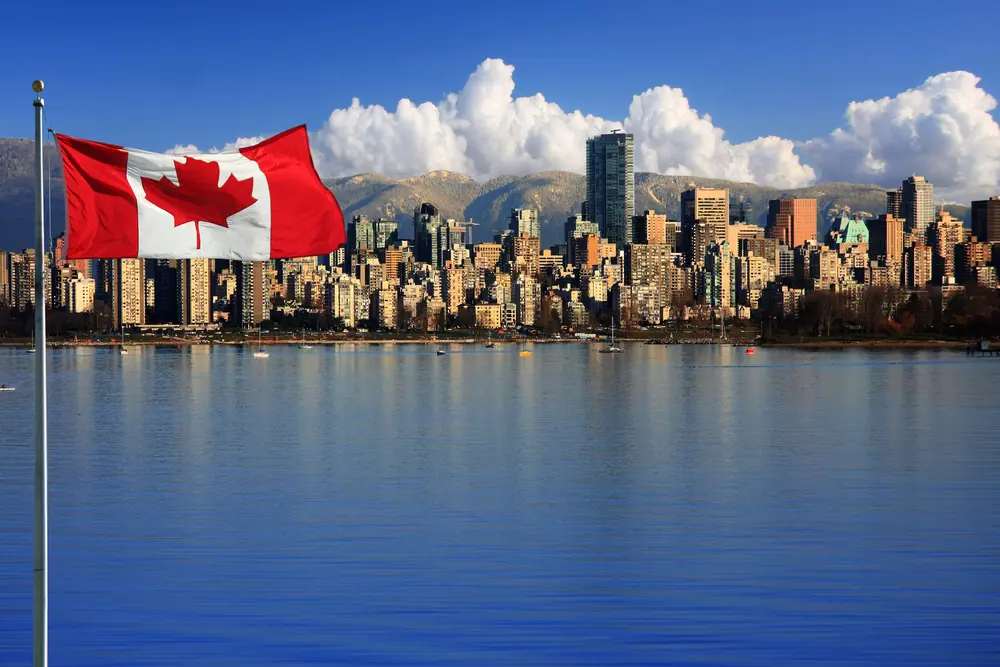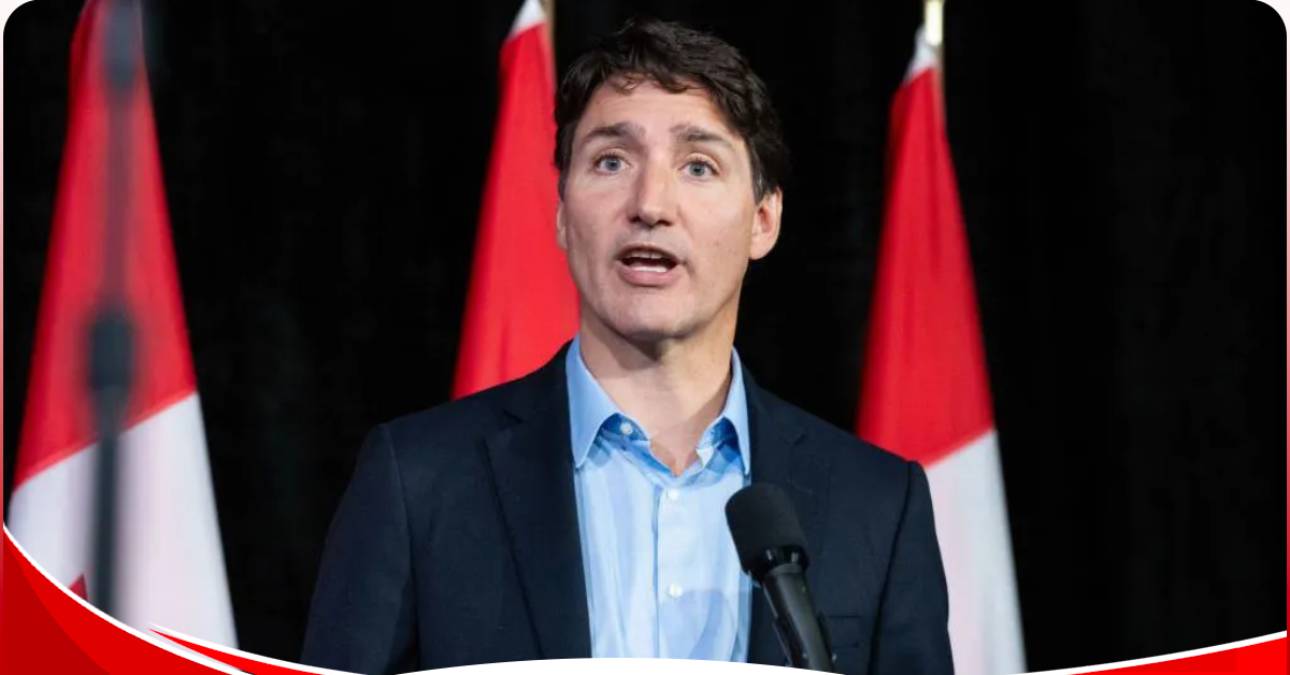Prime Minister Justin Trudeau has announced plans to reduce the number of low-wage temporary foreign workers and permanent residents entering Canada.
The decision revealed on Monday during a cabinet retreat, comes as the country grapples with a rapidly growing population.
Which has placed immense pressure on housing and public services, including healthcare.

Canada’s population growth has been driven almost entirely by immigration, with 97% of last year’s increase attributed to newcomers, according to federal statistics.
The surge has sparked criticism of the Trudeau government for expanding immigration without adequately boosting services or accelerating housing construction.
Additionally, Canada’s unemployment rate has recently risen to 6.4%, with approximately 1.4 million people currently unemployed.
In a press conference, Trudeau indicated that the temporary foreign workers program would be a key area for reform.
He cited changes in the labour market as a driving factor behind this decision, emphasizing fairness for both Canadian workers and foreign workers who often face exploitation.
“It’s not fair to Canadians struggling to find a good job, and it’s not fair to those temporary foreign workers, some of whom are being mistreated and exploited,” Trudeau stated.

The Temporary Foreign Worker program allows Canadian employers to hire foreign nationals for temporary jobs when qualified Canadians are unavailable.
However, the program has faced growing criticism from labour advocates and international organizations, including a recent UN report that labelled it
“a breeding ground for contemporary forms of slavery.”
According to UN Special Rapporteur Tomoya Obokata,
There have been numerous reports of abuse, underpayment, and other mistreatment of workers under the program.
The program’s use has surged in recent years, particularly in industries such as agriculture and construction,
As businesses sought to address labour shortages in the wake of the COVID-19 pandemic.
Stricter rules
In 2023 alone, nearly 183,820 temporary foreign worker permits were issued, representing an 88% increase from 2019.
To address these concerns, the Trudeau government plans to refuse to process some work permits in regions where the unemployment rate exceeds 6%.
With exceptions made for seasonal food and agriculture jobs, construction, and healthcare.
Additionally, the proportion of low-wage temporary foreign workers that employers can hire will be reduced from 20% to 10% of their total workforce.
These changes will take effect on September 26.
Earlier this year, the Canadian government signalled its intention to reduce the overall number of temporary residents,
Including foreign workers, international students, and asylum seekers, marking a significant shift in the country’s immigration policy.












